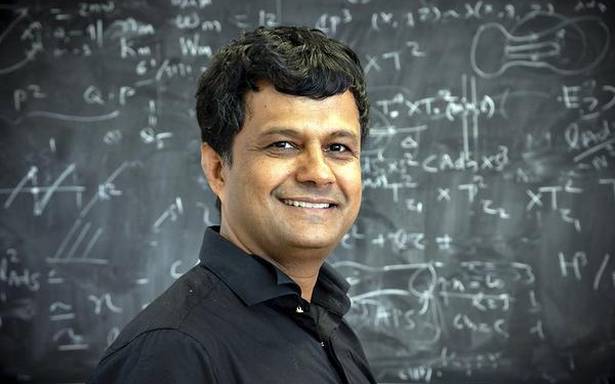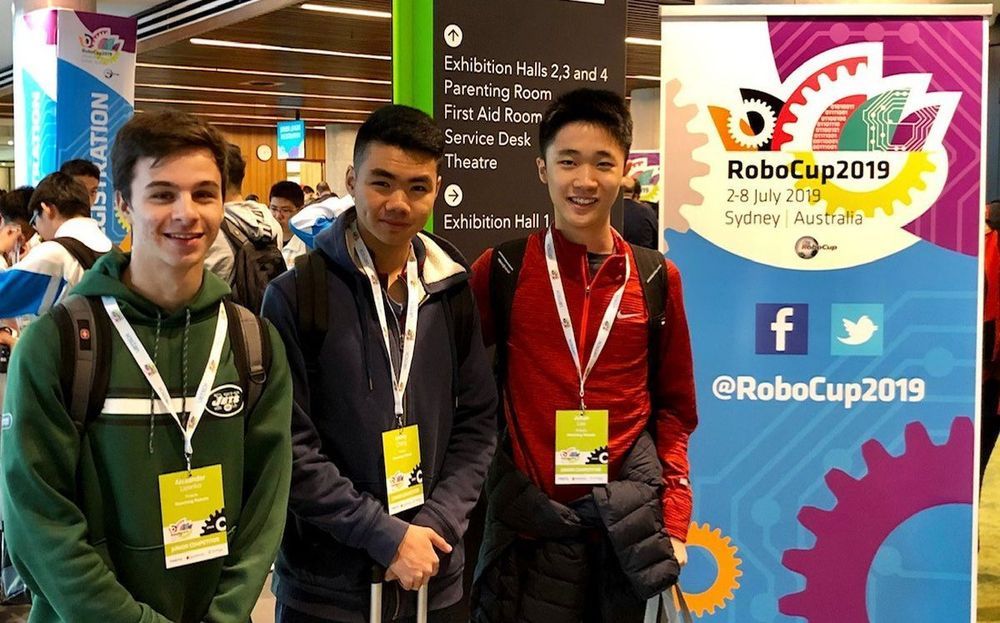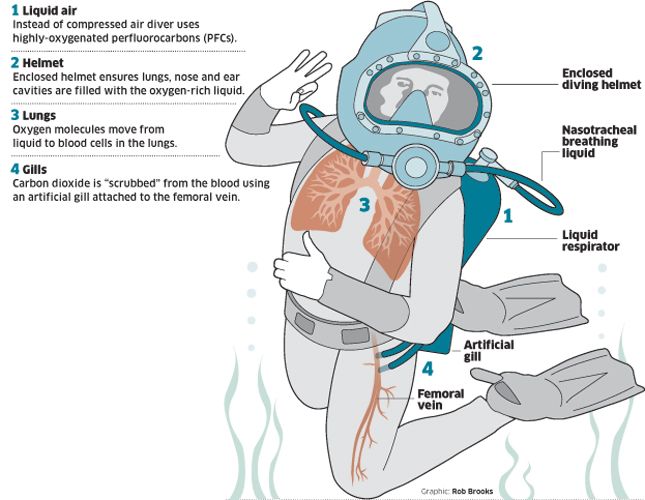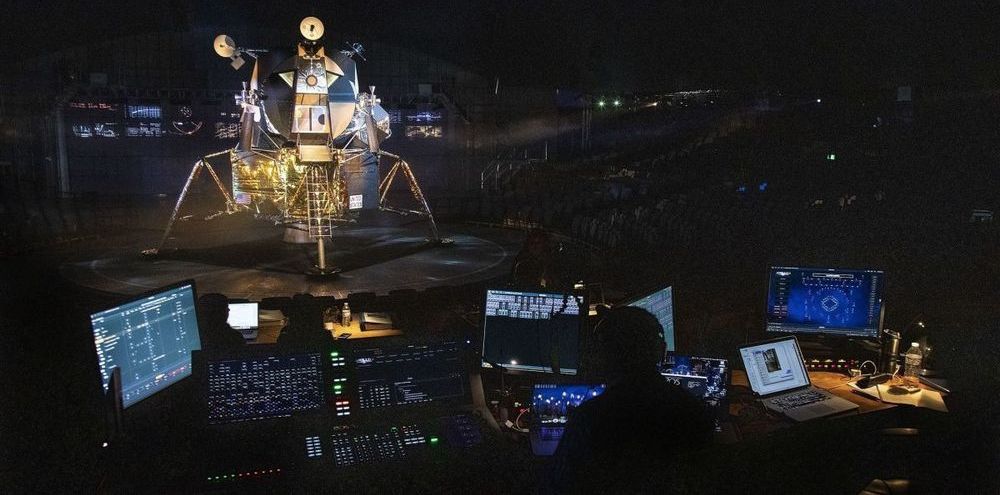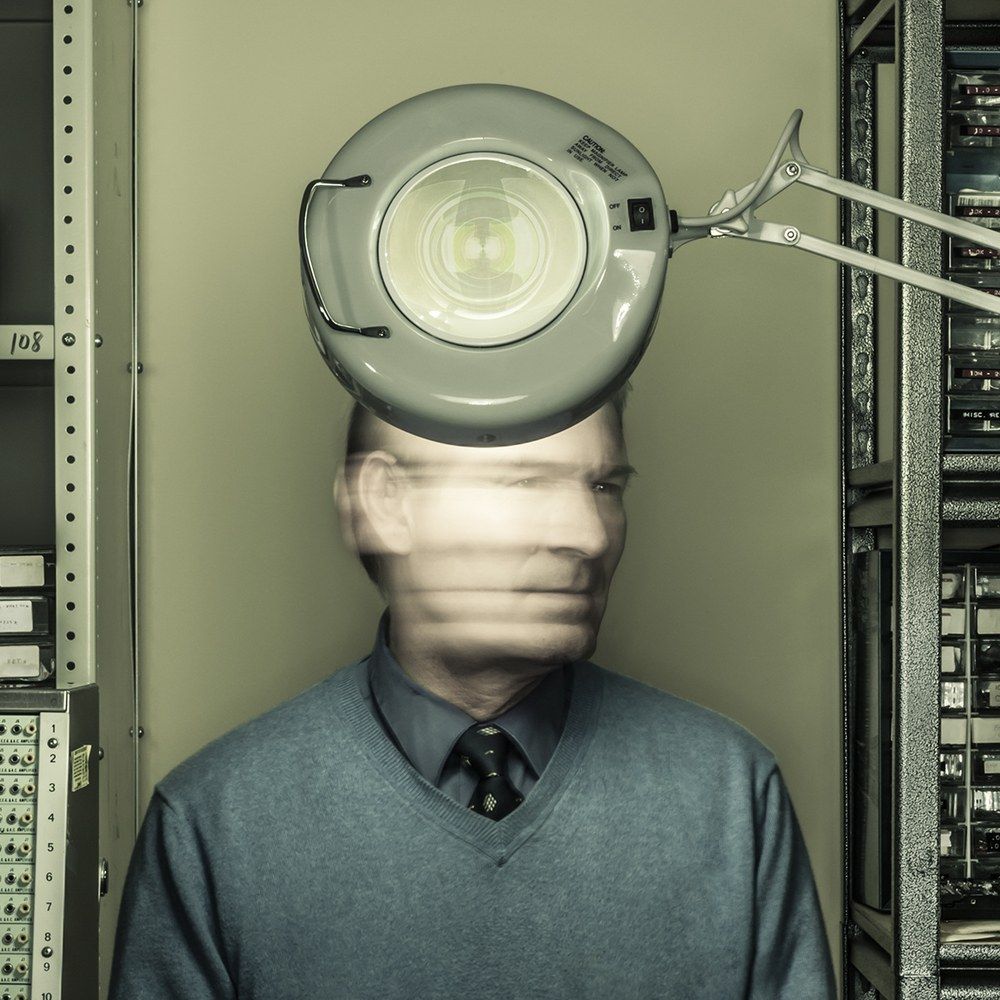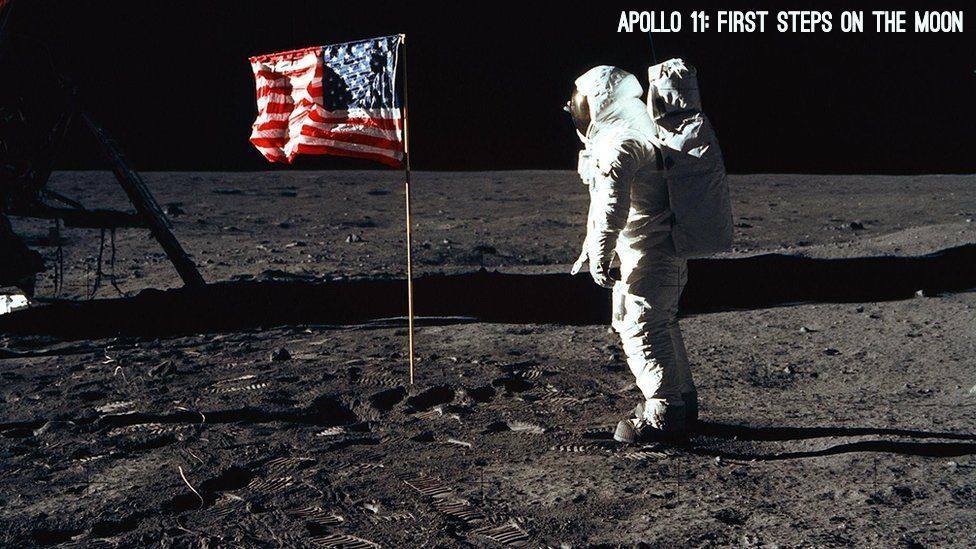“If you rearrange the atoms in coal, you get diamond. If you rearrange the atoms in sand, you get silicon. How atoms are arranged is fundamental to all material aspects of life,” says Ralph Merkle, currently senior research chair at the Institute for Molecular Manufacturing. He’s a large, pear-shaped man who, as he speaks, waves his arms far more energetically than his physique would imply. He modulates his tone dramatically for effect, often humorous.
Those words kick off day 2 at the Singularity University Executive Program. The curriculum divides roughly into three days of intensive classroom introductions to critical tech domains, three days of visits to Silicon Valley companies, and two days of workshops devoted to specific industries, plus a final day to wrap up. On Saturday I settled gingerly into a lightly padded metal chair for highly compressed, sometimes super technical, up-to-the-minute overviews of artificial intelligence, robotics, networking, computing, and quantum computing. (Forecast: sunny! With patchy clouds and fog.) That took until dinner time with only a quick break for lunch, which was filled with presentations by graduates of SU’s nine-week summer program.
You’ve read your last complimentary article this month. To read the full article, SUBSCRIBE NOW. If you’re already a subscriber, please sign in and and verify your subscription.

